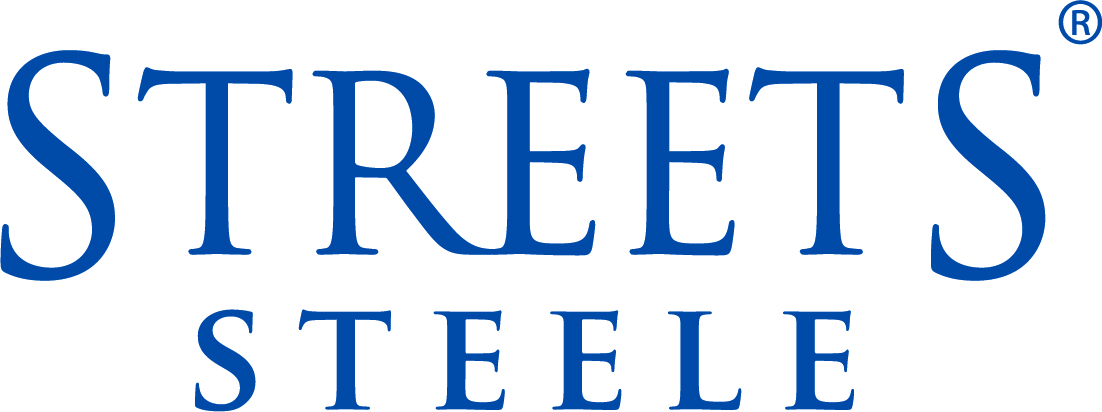Whether you’re a business owner or self-employed, accounting is a fundamental aspect of the working world. It provides a standardised method for recording, analysing, and communicating financial information.
For those new to accounting or who have an accountant who handles the tricky bits, the language of accounting can often seem like a jumble of complex concepts and terms. In this blog, we’ll break down some essential accounting terms, offering you a comprehensive introduction to the world of accounting.
1. Financial Statements
A financial statement is a report that shows the financial activities and performance of a business. It is used by lenders and investors to check a business’s financial health and earnings potential.
2. Balance Sheet
A statement of the assets, liabilities, and capital of a business or other organisation at a particular point in time, detailing the balance of income and expenditure over the preceding period.
3. Income Statement
An account of income and expenses that indicates a firm’s net profit or loss over a certain period of time, usually one year.
4. Cash Flow
Cash flow refers to the movement of money into and out of a business or individual’s bank account or cash holdings. It represents the net increase or decrease in cash and cash equivalents during a specific period, resulting from operating activities, investing activities, and financing activities.
5. Accounts Payable
A liability to a creditor, carried on an open account, usually for purchases of goods and services.
6. Accounts Receivable
Accounts receivable are invoices owed to you by customers. It means that a business transaction, usually the sale of goods and services, has happened but the buyer has not yet paid.
7. General Ledger
The main accounting record of a company or organisation.
8. Trial Balance
A statement of all the open debit and credit items, made preliminary to balancing a double-entry ledger. It is used to confirm that the sum of all debits equals the sum of all credits and identify whether any entries have been recorded wrong.
9. Financial Year
The 12-month period used for accounting and reporting purposes by a business or organisation.
10. Accruals
Accruals are records of revenue or expenses earned or incurred but not yet accounted for in a company’s financial statements.
11. Prepayments
As the name suggests, a prepayment is the settlement of a debt, bill or expense before its official due date.
12. Double-entry Bookkeeping
A method of recording financial transactions where each transaction has equal debits and credits.
13. Fixed assets
Assets which are purchased for long-term use and are not likely to be converted quickly into cash, such as land, buildings, and equipment.
14. Working Capital
The capital of a business which is used in its day-to-day trading operations, calculated as the current assets minus the current liabilities.
15. Auditing
Auditing is the examination, review, and verification of financial records, statements, documents, and accounts of an individual, organisation, or business entity. It is usually performed by an independent and qualified professional known as an auditor.
16. VAT (Value Added Tax)
A consumption tax levied on goods and services in the United Kingdom.
17. Corporation Tax
Tax levied on companies’ profits. If your company is based in the UK, it will pay corporation tax on all of its profits both in this country and abroad.
18. Dividend
A sum of money paid regularly (typically annually) by a company to its shareholders out of its profits (or reserves).
19. Capital Expenditure
Money spent by a business or organisation on acquiring or maintaining fixed assets, such as land, buildings (office spaces), and equipment (computers etc).
20. Cost of Goods Sold (COGS)
The carrying value of goods sold during a particular period. All the expenses that go into providing a customer with a service or product are included in this cost.
21. Arrears
Arrears refers to the unpaid or overdue payments or obligations that should have been made by a certain deadline or on a regular basis.
22. Equity
Equity is the amount of capital the owner has invested or owns. A company’s equity is calculated by comparing the liabilities and assets on its balance sheet.
23. PAYE (Pay As You Earn)
A system used to deduct income tax and national insurance contributions from employees’ salaries.
24. Reconciliation
Reconciliation refers to the process of comparing and adjusting financial records to ensure consistency and accuracy between different accounts or statements. Matching transactions, balances, or statements results in the identification of discrepancies and missing information, ensuring financial data integrity.
25. Share capital
Name given to the total amount of money which the shareholders have contributed to the company.
While accounting may seem daunting at first, familiarising yourself with key accounting terms is an excellent first step towards understanding the language of finance.
By grasping these fundamentals, you’ll gain a solid foundation for interpreting financial statements, evaluating business performance, and making informed financial decisions.
If you would thought these accounting terms were useful and would like accounting help for your business, book a consultation with us.



